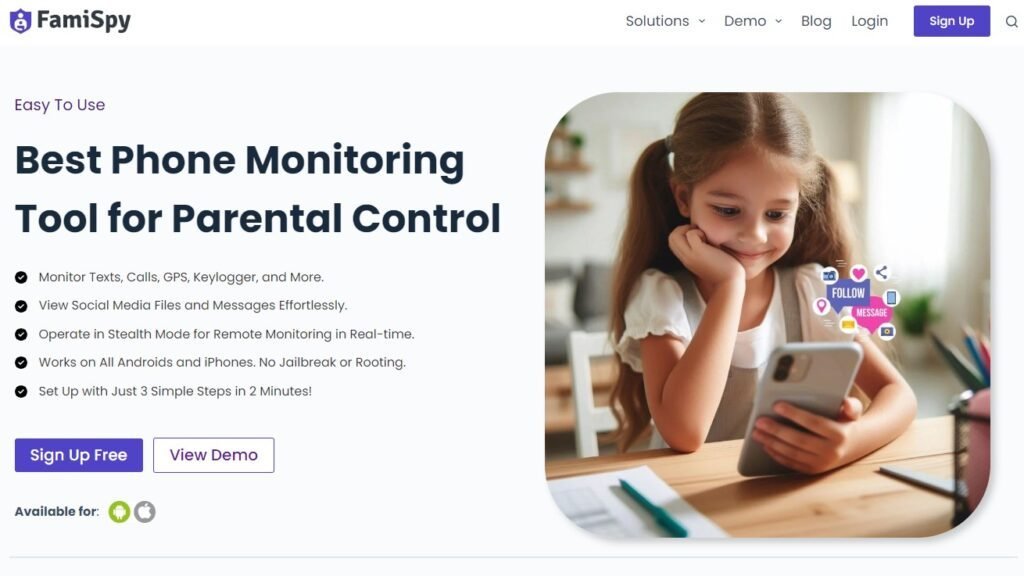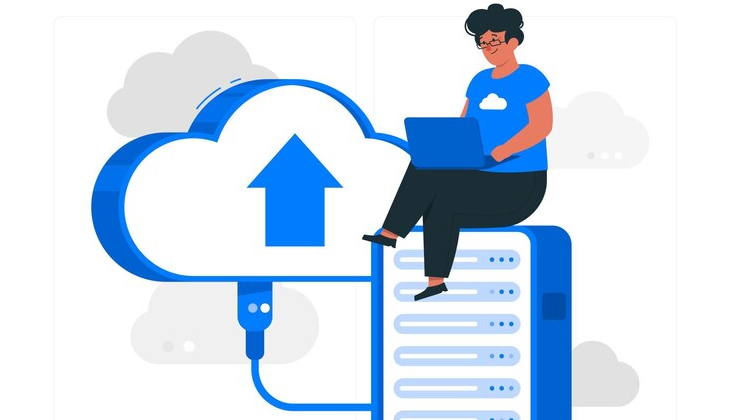Have you ever been frustrated by spam calls interrupting your day? These spam calls try to sell you things or even trick you into giving personal information. But did you know some people choose to sign up for spam calls? Whether it’s for free trials, online surveys, or even as a prank, there are surprising reasons behind it.
This guide discusses everything you need to know, including methods for signing up for spam calls, the risks and consequences you should be aware of, and bonus tips on protecting your children from scam calls. Get ready to explore this unique and informative guide!
What Are Spam Calls and Why Do They Happen?
Spam calls are unsolicited phone calls that often aim to sell products or services or even scam individuals by extracting personal information. They can cause stress, fear, and even financial losses for individuals. For businesses, they interrupt work and harm their reputation.
Spam calls come in different forms. Robocalls use pre-recorded messages, while phishing calls pretend to be from trusted organizations to steal personal information. Scammers often use caller ID spoofing, which hides their real identity and makes them harder to trace. These calls invade privacy and cause frustration for many people.
There are simple ways to protect yourself. You can use call-blocking apps, ignore unknown numbers, and register on the Do Not Call list. Telecom companies are also working to reduce spam calls by using tools like STIR/SHAKEN to block fake callers. These steps can help reduce these unwanted calls and restore a sense of privacy.
Is It Permissible to Sign Up for Spam Calls?
Yes, you can sign up for spam calls if you want to, but starting in 2025, the FCC will require businesses to obtain explicit consent for each call or message. This means you must allow a specific company to contact you.
While it might seem harmless, signing up can put your personal information at risk of misuse. Spam calls can cause constant interruptions, invade your privacy, and cause stress.
While some may sign up out of curiosity, the risks far outweigh any benefits. Your personal information could be misused, leading to long-term issues. Protecting your privacy is crucial—think carefully before agreeing to something that may create more problems than it solves.
4 Methods to Sign Up for Spam Calls: Exploring the Options
Explore four simple ways to sign someone up for spam calls. The correct method may depend on your region, so pick the one that works best for you. Let’s begin.
1. Participating in Online Surveys and Free Trials
Signing up for online surveys and free trials might seem an easy way to earn rewards. Still, it often leads to an irritating consequence—spam calls. Scammers frequently use these surveys as a front, pretending to offer gift cards or free products to collect your details, such as your phone number and email.

Once they have this information, it’s shared or sold, and you’re left dealing with a constant stream of unwanted calls. Sometimes, it’s not just annoying—it can feel intrusive and overwhelming.
2. Registering on Websites
If you’re looking to fill your day with spam calls, register on these websites.
- Wackyprankcalls.com: Sends pre-recorded prank calls that may flood your phone with unwanted spam.
- Sendrandomfacts.com: Shares random facts to phone numbers, increasing spam activity.
- Blowupthephone.com: Flood phones with constant calls and texts, leading to increased spam.

The constant interruptions can be irritating and disruptive. Protect yourself by checking a website’s trustworthiness before entering your details. Only share your phone number when necessary, and avoid suspicious or too-good-to-be-true sites. Safeguarding your information is always worth the effort.
3. Posting Your Number Publicly
Suppose you post your phone number on platforms like Facebook, LinkedIn, Twitter, or forums like Quora. In that case, you’re inviting spam calls and possible scams. Scammers and malicious actors can quickly find your number and use it to flood your phone with spam or even sell it to others for profit.
4. Engaging with Telemarketing Services
This method works similarly to signing up for free trials or surveys. Still, here, you provide phone numbers for telemarketing services. Websites linked to banks, insurance companies, or investment firms often start telemarketing campaigns. For instance, spam calls may begin after applying for:
- credit cards
- Donating to charities
- Registering for votes
- Buying products and sharing your number
- Signing up for health insurance
- Leaving your number on B2C or dating sites

There is a higher chance of getting a call from companies. This is your best option if your purpose is to annoy someone or prank your loved one.
The Role of Automatic Number Identification (ANI) in Spam Calls
To prevent spam, automatic number identification (ANI) pulls the caller’s number directly from the phone network, identifying where the call is coming from. With ANI, phone companies can detect and block suspicious calls before they even reach you, making it difficult for scammers to hide or fake their identities. Expecting a vital call only to be interrupted by a scam or shady sales pitch is a relief. You’ll have more control over your day with ANI.
ANI can also be used to detect and block robocalls. Scammers often use robocalls to trick people into giving them personal information or money. With ANI, you can protect yourself from these calls.
The Risks and Consequences of Receiving Spam Calls
Spam calls are more than annoying—they can mess with your finances and emotions. In 2023, about 56 million Americans were scammed, losing an average of around $452 each. These calls often trick people into giving away personal information, leading to identity theft and fraud.
Beyond the money, the stress of safeguarding your data can be overwhelming. To protect yourself, try using call-blocking apps, keep your details to yourself, and report suspicious calls.
Bonus: Protect Your Children from Spam or Scam Calls
Every parent prioritizes keeping their kids safe, including protecting them from scam calls. Children are especially vulnerable to these deceptive schemes, and it isn’t enjoyable to think someone might take advantage of their innocence.
But you don’t have to face this alone—FamiSpy is here to help. FamiSpy is a parental control app designed to give parents peace of mind.

Its Phone Call Recording feature is a lifesaver, letting you review your child’s calls to spot anything unusual. Other features like monitoring calls and texts, tracking locations, and managing apps help you stay connected and informed.
It’s easy to start—download the app, connect it to your child’s phone, and turn on essential features like call recording.
Add an open conversation with your child about staying safe; you have the perfect mix of tech and trust to protect them.
FAQs About Sign UP Phone Number for Spam Calls
Conclusion
Signing up a friend’s or family member’s number for spam calls as a prank may initially seem harmless or funny, but it’s important to consider the potential consequences carefully. This article has explored what spam calls are, why they happen, and why people don’t sign up for them.
We’ve discussed how surveys or telemarketing can lead to people being placed on spam call lists. We’ve also shared handy tools like call-blocking apps and ANI to keep those annoying calls at bay.
For families, apps like FamiSpy can help by adding extra child protection. The key is to stay alert, keep your number under wraps, and make the most of these tools to reduce interruptions. Take charge of your digital safety now—protect your data, safeguard your loved ones, and help spread awareness about the risks of spam calls.








